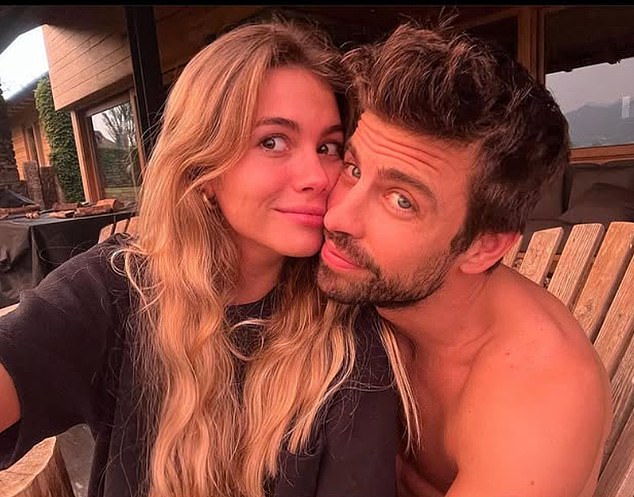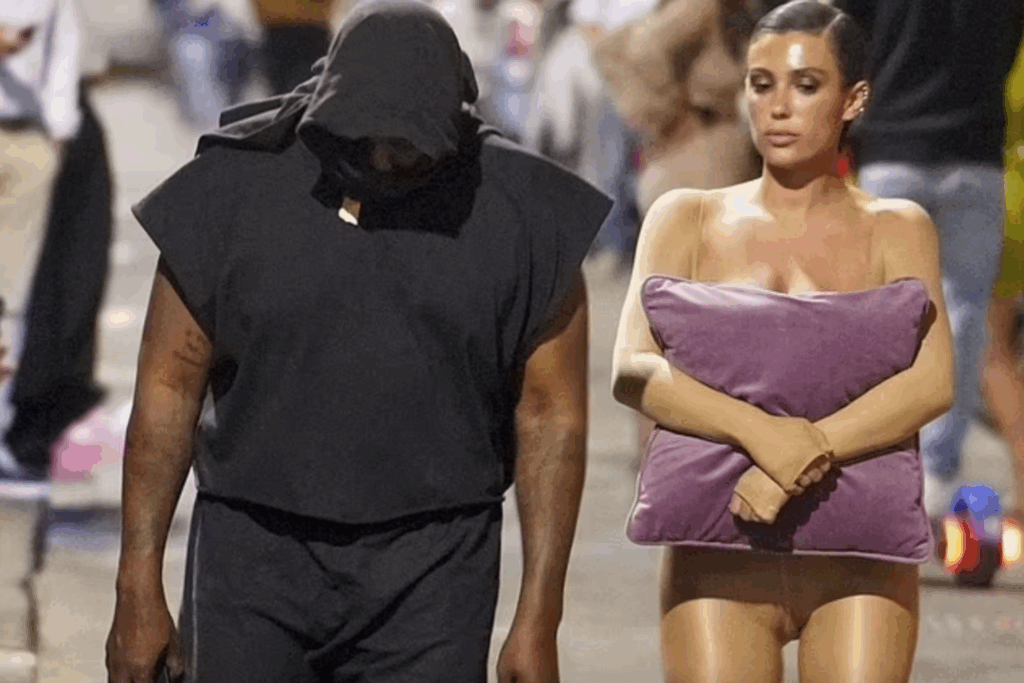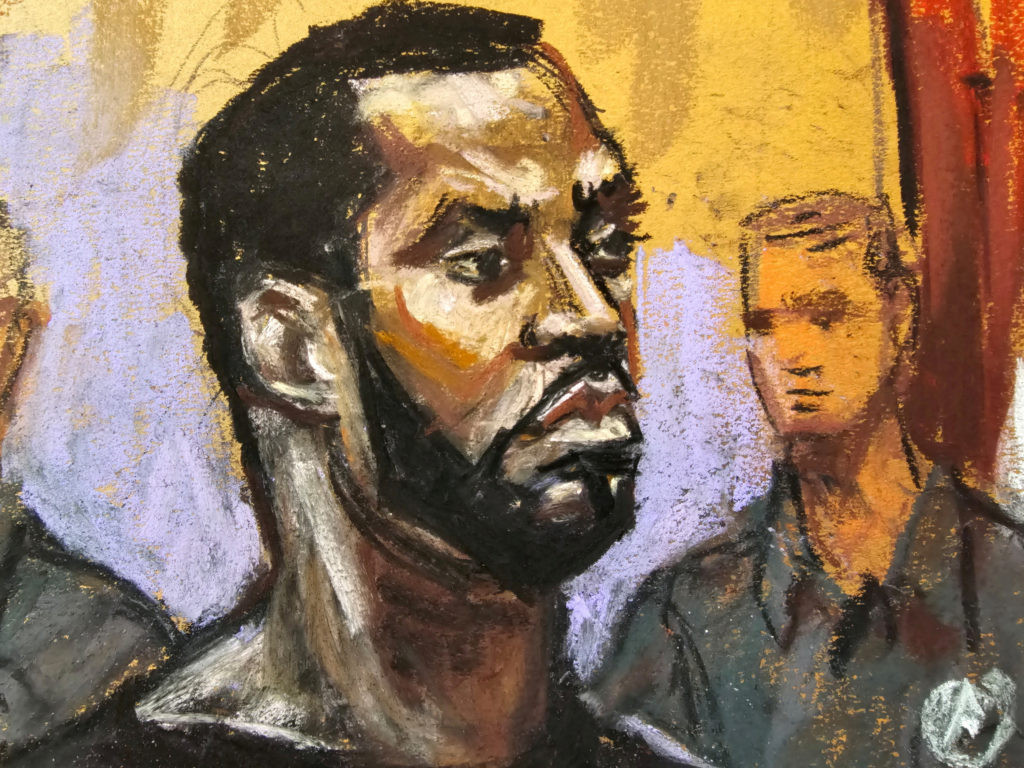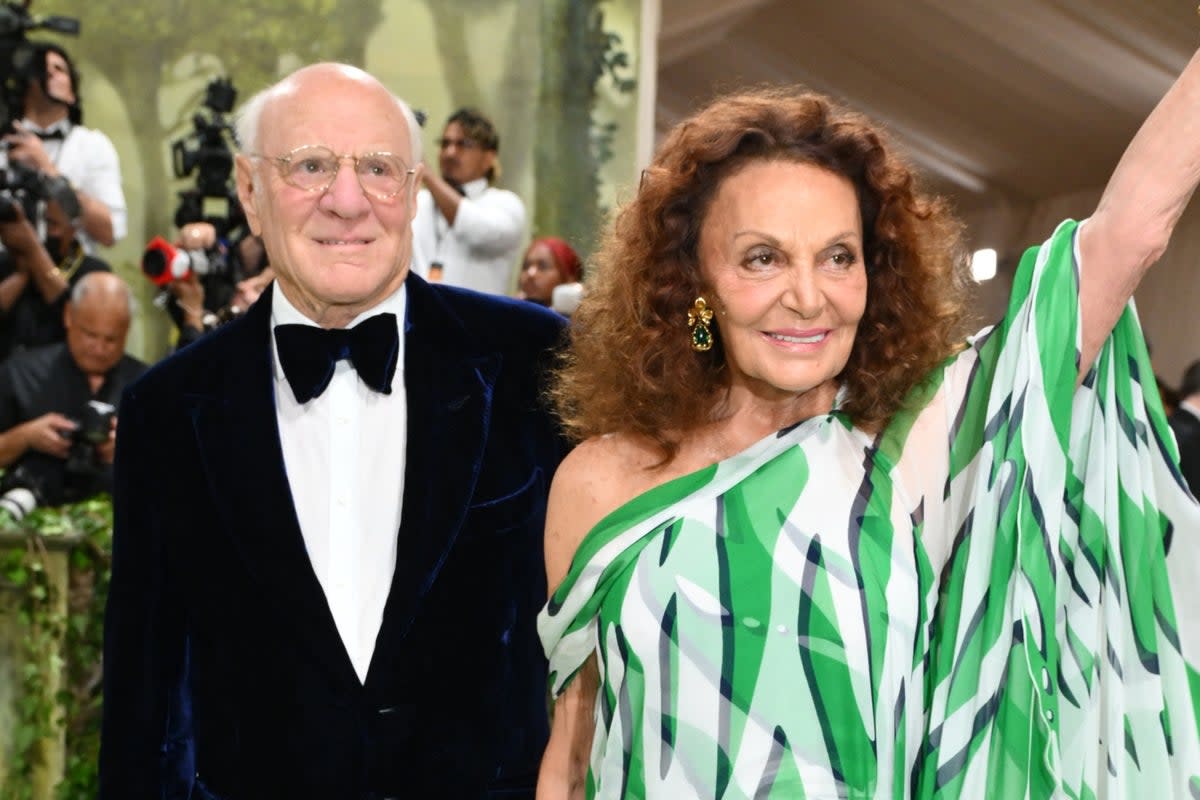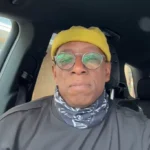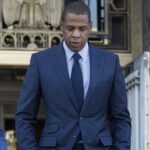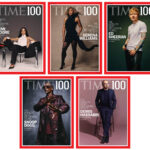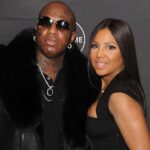Now Reading: Inside Diddy’s Trial: Jurors Confront Shocking Video Evidence
-
01
Inside Diddy’s Trial: Jurors Confront Shocking Video Evidence

Inside Diddy’s Trial: Jurors Confront Shocking Video Evidence
The high-stakes sex trafficking trial of hip-hop mogul Sean “Diddy” Combs has kicked into gear, with potential jurors already grappling with explosive evidence that’s dominated headlines. As jury selection unfolds in a Lower Manhattan courtroom, the spotlight on Diddy’s alleged criminal behavior grows more intense by the day.
Jurors Face Disturbing Evidence Before Trial Even Begins
U.S. District Judge Arun Subramanian is on a mission to find 12 jurors and six alternates who can remain impartial despite the media circus surrounding one of music’s most recognizable figures. The challenge? Many potential jurors have already seen damning evidence, including the infamous hotel assault video that shocked fans worldwide.
During individual questioning—a process known as voir dire—several prospective jurors admitted familiarity with the disturbing surveillance footage showing Combs allegedly assaulting his former girlfriend, R&B singer Casandra Ventura, in a Los Angeles hotel hallway.
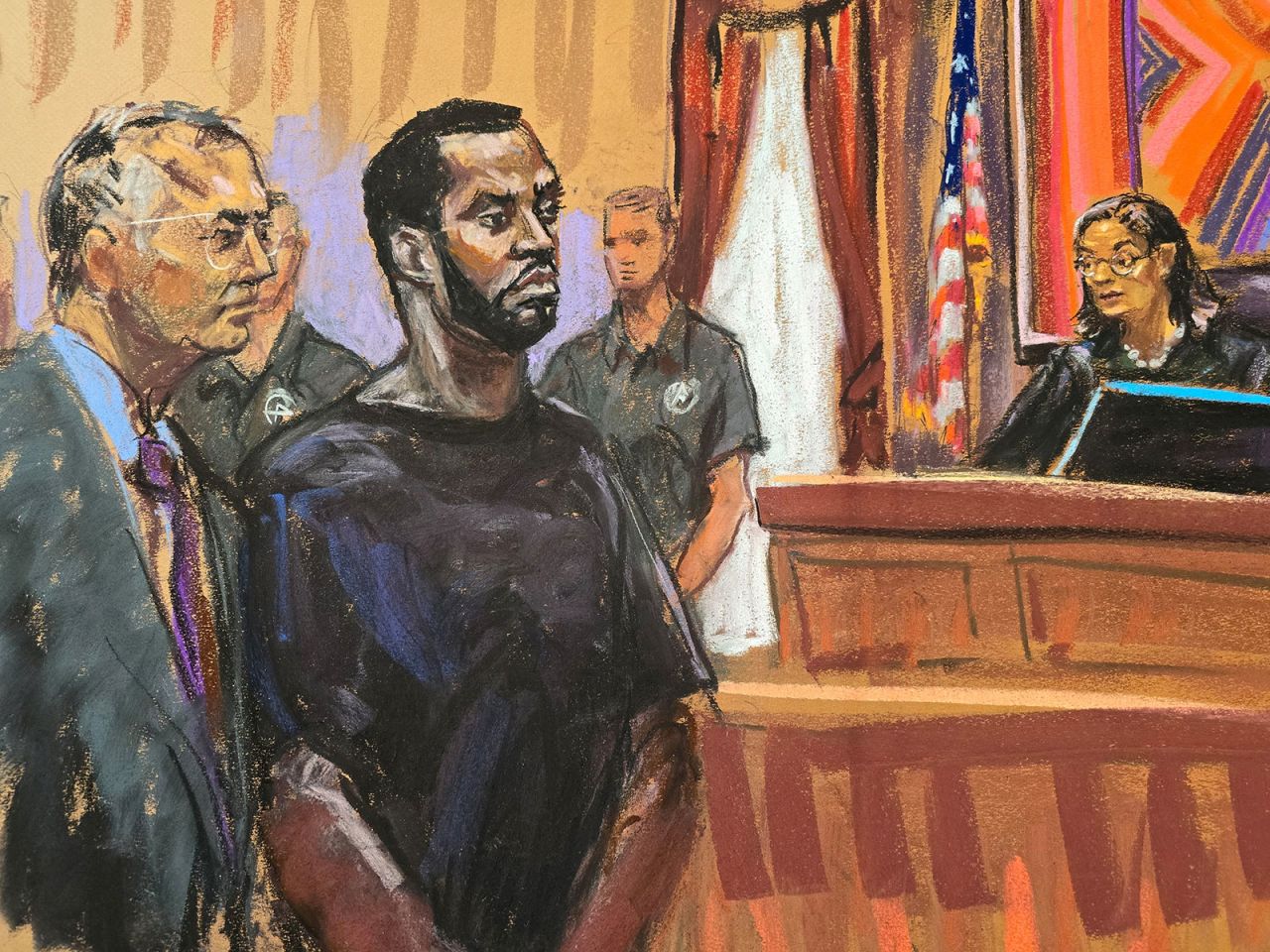
One juror acknowledged seeing the video on the news but assured the court they could enter with a “blank slate.” Judge Subramanian deemed this juror qualified to serve. Another potential juror wasn’t so lucky, being dismissed after writing that a still image from the video showing “a woman on the floor in a hotel hallway and Combs standing near her could be damning evidence.”
From Baby Oil Jokes to Drug Allegations: The ‘Freak Offs’ Controversy
In a surreal moment highlighting how far this scandal has permeated pop culture, one prospective juror admitted to “liking” a comedian’s social media video joking about Combs and baby oil—a direct reference to the prosecution’s claim that authorities found a staggering 1,000 bottles of baby oil and lubricant during raids of Combs’ homes.
“I remember liking it because I thought it was funny,” the juror explained. Judge Subramanian determined they could still serve after they committed to putting aside the video and remaining impartial.

The ‘Freak Offs’ at the Heart of the Case
Prosecutors allege that for nearly two decades, Combs used force and threats to coerce women into participating in drug-fueled sexual performances with male sex workers—events the mogul allegedly dubbed “Freak Offs.” The case further claims that employees of Combs’ business empire facilitated these activities by booking hotel rooms, purchasing controlled substances, and helping cover up the behavior.
The hotel surveillance footage, which CNN broadcast last year after it surfaced, is being presented as evidence of how Combs allegedly used intimidation tactics. After the footage aired, Combs issued a public apology, but that may do little to help his defense now.
Combs’ legal team is expected to argue that the hotel video merely depicted a domestic dispute over infidelity—not evidence of sex trafficking. They’ll likely contend that all sexual activities described by prosecutors were consensual, setting the stage for what promises to be a contentious trial.
Hip-Hop Fans in the Jury Box
In an interesting twist, two potential jurors who identified themselves as fans of 1990s hip-hop—the era when Diddy rose to prominence—were deemed qualified to serve. This raises questions about whether their familiarity with Combs’ music and public persona will influence their perception of the case.
The judge’s goal is to assemble a pool of 45 qualified jurors, after which attorneys from both sides will have the opportunity to dismiss individuals without stating reasons. To protect the eventual jury members, the panel will remain anonymous—a common practice in high-profile trials where jurors might face harassment if their identities became public.
What’s at Stake for the Hip-Hop Mogul
As Combs observed the proceedings wearing dark glasses and sporting a salt-and-pepper goatee, the gravity of his situation was evident. If convicted on all counts, the 54-year-old faces a mandatory minimum of 15 years in prison—and potentially life behind bars.
The stakes couldn’t be higher for the man who built a music and business empire worth hundreds of millions of dollars. Beyond the criminal penalties, Combs’ legacy and business ventures hang in the balance as celebrity brands rarely survive such serious criminal convictions.

The Road Ahead
With 19 jurors already qualified from the first day of selection and more questioning scheduled for Tuesday, jury selection is expected to conclude by the end of the week. Opening statements are slated to begin on May 12, when both prosecution and defense will finally present their full narratives to the court.
The entertainment world watches with bated breath as one of its most influential figures fights for his freedom. As the line between celebrity and criminality blurs, this case promises to be one of the most closely watched trials in recent entertainment history.
Whatever the outcome, the Diddy trial marks a significant moment in celebrity culture—where the excesses of fame and power collide with the sobering reality of the criminal justice system.

